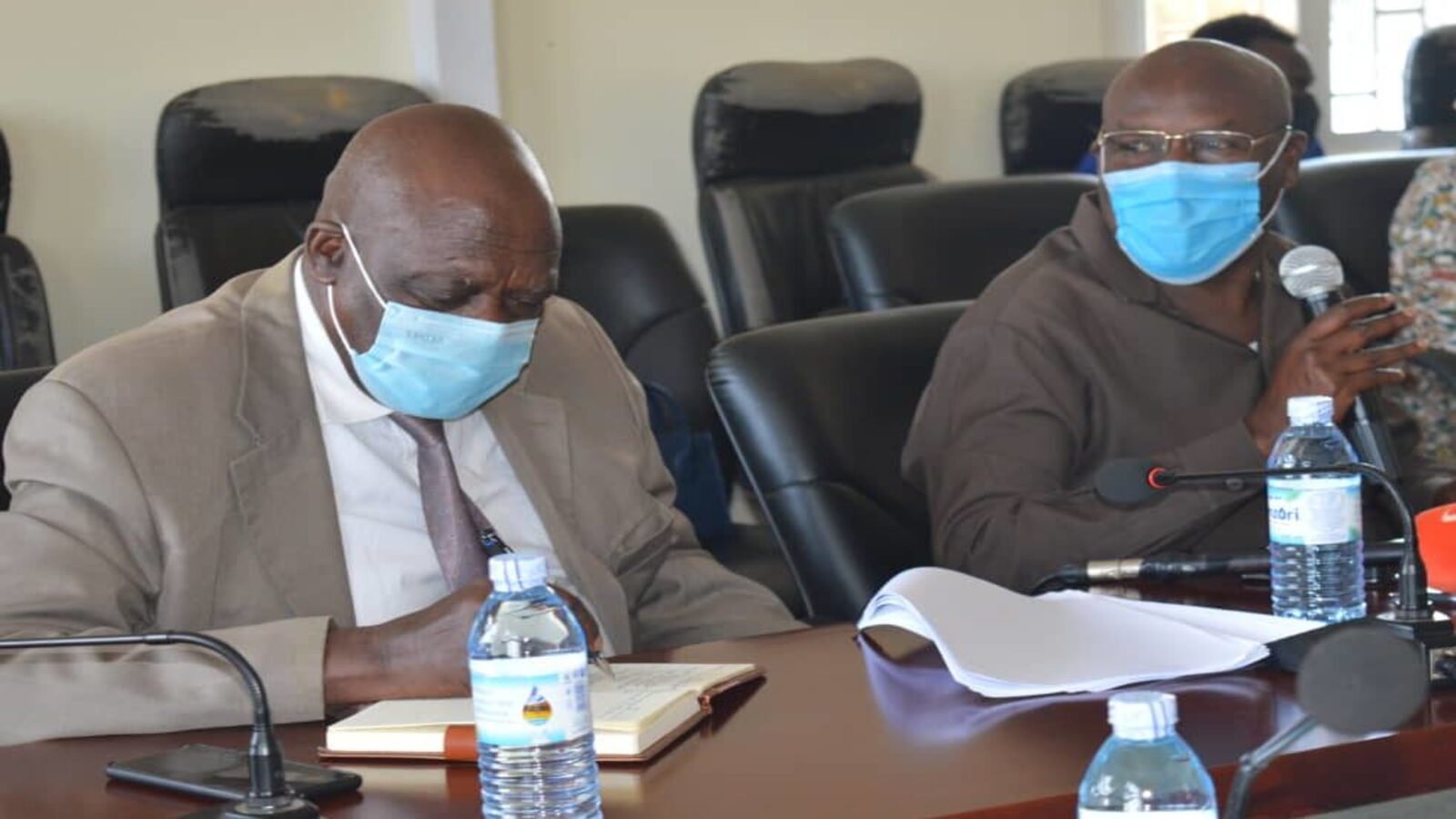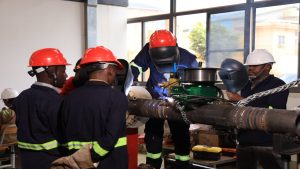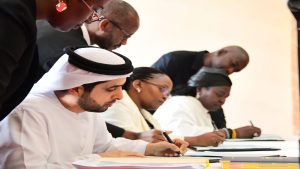Share
Tuesday saw the beginning of discussions on Uganda’s mining and mineral legal framework in Kampala’s Fairway Hotel, which also attracted representatives from the country’s major mining districts, including Busia, Kapchorwa, Kabale, Kasanda, Ibanda, Rubanda, and Mubende.
In her opening remarks, Agnes Alaba, the Commissioner for Mines Department at the Ministry of Energy and Mineral Development, stated that the four-day workshop’s goals were to foster networking, the exchange of ideas, and the identification of solutions to problems affecting Uganda’s mining sector.

By ensuring that favorable legislation are put in place to allow those involved in the mining industry to execute their job professionally and benefit both the private sector and the government, she said Uganda is optimistic about increasing the mining industry to strengthen the country’s economy.
She told the assembled journalists at the workshop, “We have paused mining licensing until a new law is in place to address both long- and short-term investments in the mining business.
Regardless of whether a firm or individual is based in Uganda or abroad, Peter Lokeris, the Minister of State for Minerals, urged everyone interested in investing in the mining industry to submit an online application because Uganda is endowed with a significant mineral reserve.
“Uganda has good mineral potential and a favorable geological setting for deposits of premium economic minerals.” According to him, the Directorate of Geological Survey and Mines within the Ministry of Energy and Mineral Development “discovered copper, nickel, gold, chromite, iron ores, tin, tantalite, tungsten, limestone, marble, graphite, gemstones, and rare earth minerals.
According to Hon. Lokeris, these resources raised the sector’s foreign direct investment from $US 5 million in 2003 to over $US 800 million in 2017.
Similar to what he indicated, the amount of non-tax revenue (NTR) from license fees, annual mineral rent, and royalties increased dramatically from about 1.8 billion Uganda Shillings in 2003 to 11.3 billion Uganda Shillings in FY 2022/2023.
Hon. Lokeris further emphasized that the minerals industry is envisioned as a key engine for job generation and GDP growth in Uganda’s Vision 2040.
Additionally, he stated that the National Development Plan III (NDP III) indicates that 1.6 million people were employed in the mineral sector in 2017–2018, and that this number is anticipated to increase to 2.6 million in 2024–2025.
The tremendous potential of the industry and its benefits to the economy should thus be realized through planning and investment in mineral development. He went on to say that these benefits include direct income, the creation of jobs, and both upward and downward links to other economic sectors including industrialization, agriculture, and human capital development.
Together with the Kingdom of the Netherlands, GIZ, Planet Gold Uganda, and the International Conference on the Great Lakes Region, among others, the Workshop is sponsored.









